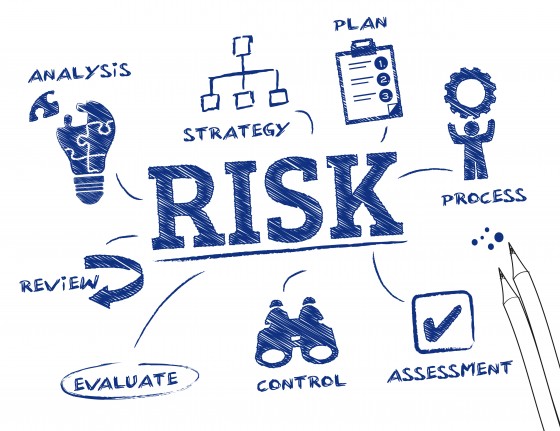These topical articles highlight some interesting and relevant issues in the world of risk and insurance; from how Uber could impact the insurance industry, to Deepwater Horizon lessons-learned, to supporting workers with chronic conditions to board integrity.
What Will Be the Uber of Insurance?
From Insurance Thought Leadership: Insurance is ripe for disruption, and, given the conservative nature of the reigning carriers and large brokers, it is a fair guess that a lot of innovation will come from outside the industry. There are a few of candidates that might be in the winner’s circle when the dust settles.
Gard: Six Takeaways from Deepwater Horizon
From Marine Log: P&I club Gard estimates that BP’s claims and costs from the Deepwater Horizon disaster are more than $70 billion. Gard lists six important lessons emerging from the 2010 incident and the ensuing litigation during the past five years.
Employers Urged to Accommodate Workers’ Chronic Conditions
From Business Insurance: When it comes to workers with chronic conditions, employers should focus on providing accommodations and support rather than managing a disease, an expert said during the Disability Management Employer Coalition’s 2015 conference in San Francisco.
Integrity? The Buck Stops at the Board
From Listed Magazine: Companies are quick to blame “rogue employees” when they experience an ethical failure within. But employees merely reflect a company’s true and actual culture, internal controls and practices—all of which point right back to the board


